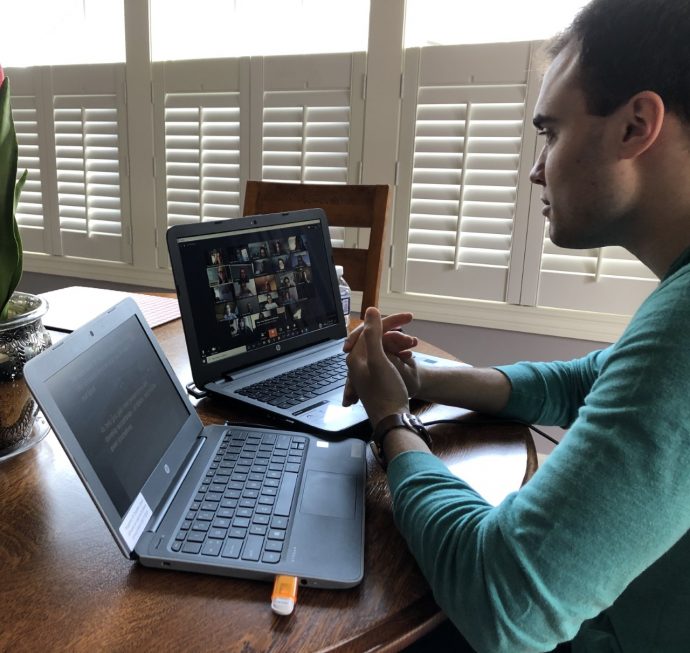I was impressed and gratified by a recent CBS 60 Minutes segment on “companies seeking out potential employees with autism.”* It is such an important topic to explore and consider, and the feature echoed many concepts we wrote about in Expect a Miracle. There is often a false presumption that autistic persons lack the skills, intelligence, or capabilities required to work. Whether this is due to the employer’s lack of understanding or to the candidate’s outward appearance/behavior deterring a deeper assessment, I do not know. But the fact remains that autistic persons are disproportionately unemployed or underemployed. And employers who fail to consider autistic candidates are missing out on talented, dedicated individuals who would be assets to their workplaces.
Autism encompasses a huge range of characteristics and abilities, and no two people on the spectrum are exactly alike—even more of a reason that a blanket assumption and denial should not be made purely on conjecture! Along with differences and challenges, each person also has strengths and talents, just like everyone else. The key is to fit the person’s strengths and likes to the work required.
Individuals on the autism spectrum often think and see the world differently. Therefore, they may come up with unique alternatives to solve problems or get a job done. They generally seek routine and may thrive doing repetitive tasks which others might find boring. Attention to details and rules are also common. These characteristics can be an asset in many jobs. Furthermore, many autistic people are gifted in math, science, technology, the creative arts, or have amazing memories—there are so many good traits and talents that come along with autism!
Often, the challenge is not in the skills required as much as in navigating the social aspects of a job and workplace. Certainly, sensory issues and other differences will require accommodations for optimal performance, and each person’s needs are different. But the solutions are often simple and easy to execute if only someone takes the initiative to talk to the person and cares enough to learn and help.
If the job matches the candidate’s skills and addresses areas of challenge, employment will be a win-win! Investing time and effort in the orientation and transition—and having good mentorship—make all the difference. Read “Expect a Miracle: Understanding and Living with Autism” to learn more.
*Here is the link to the “Sixty Minutes” episode referred to above:
https://www.cbsnews.com/video/autism-employment-60-minutes-2020-10-04/#x

